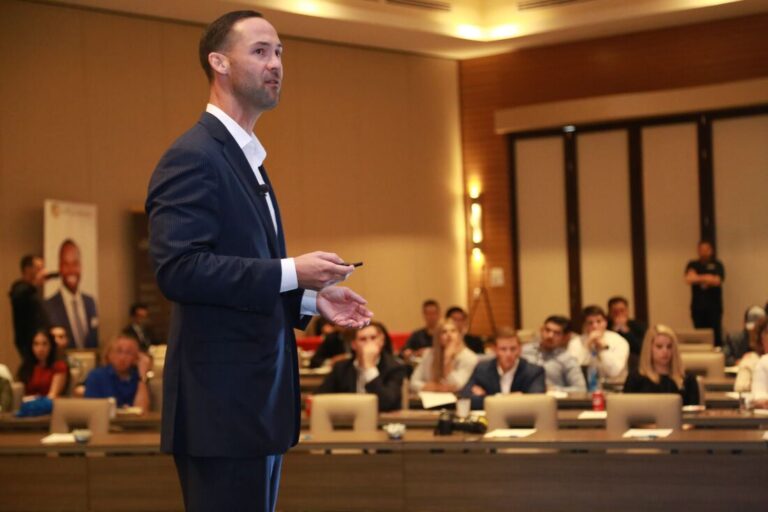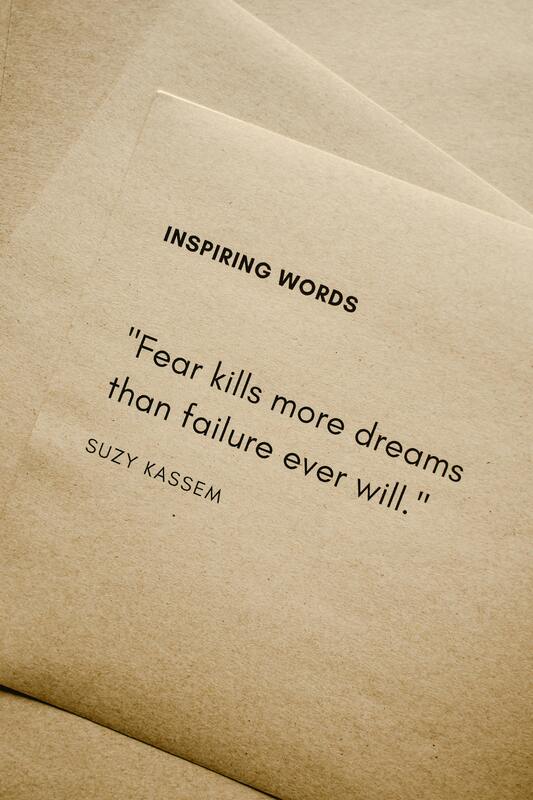True Stories
Why ‘Know Your Audience’ Is Advice You Should Take Seriously!

Do you dust off the same presentation with minor tweaks every time you speak on a similar topic, or do you spend time adapting it to your audience?We have all heard the advice, ‘know your audience,’ but it is tempting to overlook it when you...

Public Speaking Anxiety in the Corporate World – And How the Stories We Tell Ourselves Can Make It Worse

I have a client, let’s call him Ben, who has recently started his dream job. He is a strong presenter, passionate about his work, is getting great feedback from his manager, and knows he is the right person for the job. But despite all this,...

Suffering From Public Speaking Anxiety? Here’s What Others Just Like You, Have to Say About their fear.

I have written this article for people who want to do something about their fear of public speaking but need encouragement to take that first step.Many people hesitate because they know that taking a course will require them to do the thing they dread. Often...

Seven Things I Have Learned From Seven Years of Coaching Public Speaking

I have been coaching young people and adults in public speaking for seven years – initially in a school as a volunteer – and now with adults as a paid coach. When I started, I experienced imposter syndrome. I was a good public speaker and...

Five Triggers for Public Speaking Anxiety – and One Solution

Surveys show that most people are nervous about public speaking, and around 10% of people have an extreme fear. Glossophobia is the term used to describe persistent and excessive anxiety about public speaking. I have written before about why people fear public speaking. It is primarily a...

Seven Stories of People Who Once Had a Crippling Fear of Public Speaking and Did Something About It!

I am doing something different for this month’s blog article. I want to share seven stories of people who decided they were no longer willing to let their fear of public speaking define them. Why tell these stories? Because most people wait far too long...

How Susan Cain Overcame a Fear of Public Speaking to Give a TED Talk That Has Been Viewed More Than 25 Million Times

Susan Cain, author and celebrated TED talk presenter, once had a crippling fear of public speaking. Her TED talk, The Power of Introverts, has more than 25 million views and is one of my all-time favourites.I am also a big fan of Tim Ferris, and so...

Why Your Audience Barely Notices Your Mistakes

Many years ago, I did a public speaking course through work. At the end of the course, we each gave a speech, which was filmed. We were given the video to review in our own time. I was really unhappy with my speech because at...
